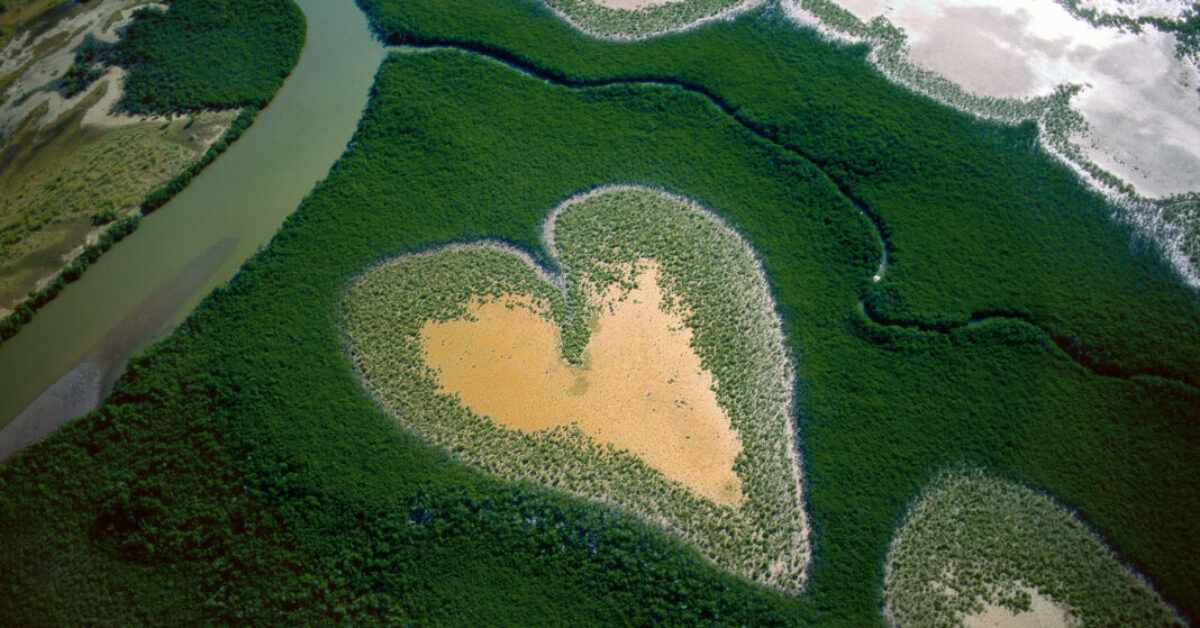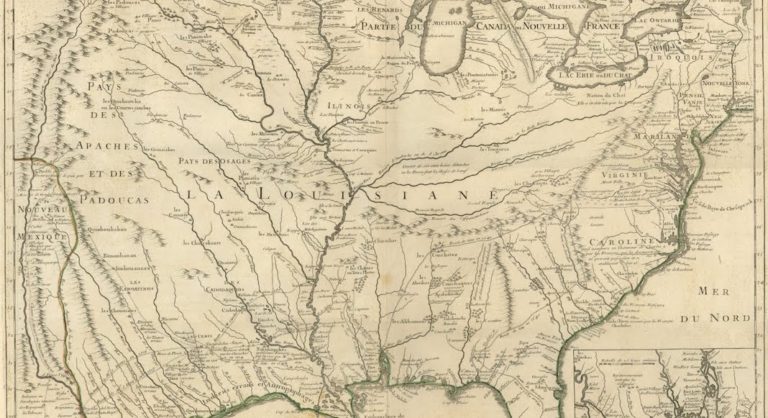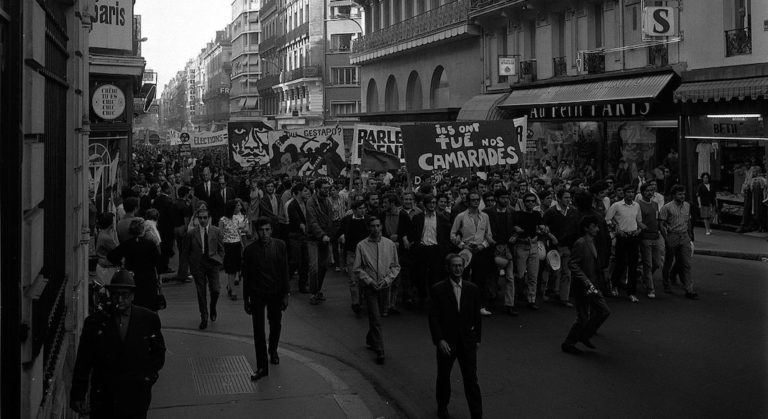As the French presidential election is coming up this Sunday, four environmental protection and international solidarity organizations, Notre Affaire à Tous, the Fondation pour la Nature et l’Homme (FNH), Greenpeace France and Oxfam France, have noted that climate issues have been given 5% of the amount of media coverage (TV, radio, print and online media) in the presidential campaign. Just 5% to talk about our lives, our food, our health, our future. During a three-hour program earlier this year, on France 2, a public information channel, with six presidential candidates, only 1 minute was devoted to ecology. This past Wednesday, the debate ahead of the final round of voting between candidates Emmanuel Macron and Marine Le Pen, was frustrating, to say the least. Only 18 minutes was devoted to the environment in a three-hour-long debate, with a focus on energy transition only. Other ecological issues such as the safeguarding of biodiversity, the protection of oceans and forests, or the challenges in phasing out pesticides and plastics were simply not addressed. Meanwhile, the latest IPCC report reminds us that humanity has three years left to reduce its greenhouse gas emissions if it wants to maintain a “livable” planet.
In the Paris Agreement signed in 2015, France committed to reducing its greenhouse gas emissions by 40% by 2030, and to be completely carbon neutral by 2050. In 2020, the government decided to postpone those commitments, though President Macron was the one that instigated the creation of the Citizens Convention for Climate in 2019, uniting 150 randomly selected citizens from different backgrounds to work on a series of measures dedicated to respecting what France was devoted to achieving with the Paris Agreement. The proposals resulting from the work of the convention were supposed to be submitted either to Parliament or to the people through a referendum, without filters, as the President committed to initially. However, using various ‘trump cards’, the government diluted, or only partially included, a third of the recommendations that were then sent to Parliament. Because of how the French government handled the resolutions, the Citizens Convention for Climate expressed its disappointment with how they were translated into law and gave a score of 3.3 out of 10 to the climate and resilience bill.
The fact that the greatest threat to humanity has not been a priority in the presidential debates is irresponsible. Unfortunately, we are running out of time, and we must now demand that our politicians rise to the challenges ahead. In five years’ time, it will already be too late, because the decisions must be made now and France must do its part as a major European and burgeoning world leader.
You people in France are extremely concerned. Amaury, a 25-year-old recent graduate from la Sorbonne, says it is now or never: “I have eco-anxiety, which means that climate change impacts my psychological well-being. I used to be angry, now I am just scared and anxious about my future and that of my peers. I fear that in 20 years’ time, and even less, it will be extremely difficult to live decently on this planet because of droughts, heat waves, hurricanes, and the degradation of nature as a whole. This election is crucial for me!” Albane is 31 and works in finance. She, too, is concerned: “I used to not care too much because I felt like it did not impact my daily life, and I must admit I was quite selfish. But the deadly flooding in Germany and Belgium last summer were a reality check. I saw climate change happening at my doorstep when I always saw it as something happening in developing countries.”
The Intergovernmental Panel on Climate Change (IPCC) is clear: 100% of global warming is due to human activities. Half of humanity is now at risk. Limiting global warming to +1.5 degrees will no longer be possible without an immediate and large-scale reduction in greenhouse gas emissions. Ecological disaster is the most dire threat we face today: It is time for the next President of the French Republic to address it.
Even if both Macron and Le Pen’s are thought by climate specialists as not being up to the challenge of climate change, there is a difference in terms of danger for the planet: Marine Le Pen’s program goes against the Paris Agreement and could even increase France’s greenhouse gas emissions. Macron is simply too smart to allow such a thing to happen.
This year, Earth Day falls on April 22nd, today. The second round of the French Presidential Election will be two days later, on April 24th, this Sunday. Let’s invest in our planet, to invest in our future. Emmanuel Macron might not be a climate champion, but we cannot let a far-right candidate win, whose first decision would be to knock down wind turbines and oppose the international cooperation needed to save our future.
Camille Bourron lives in Paris and is a political science and social policy graduate, having studied at La Sorbonne and the LSE. She is passionate about politics, culture, art and travel.
Photo credit: Yann Arthus-Bertrand, from his bestselling book, Earth from Above.






